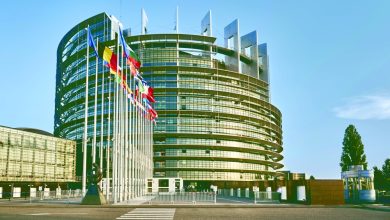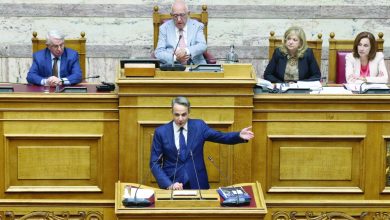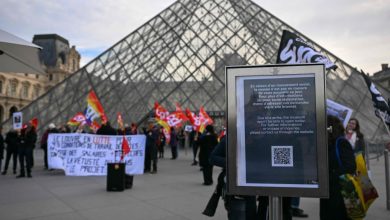COP30 deal under threat as nations clash over fossil fuels

BELEM: The European Union warned on Friday that the UN’s climate talks could end without a deal as oil-producing nations were accused of blocking any mention of a road map to phase out fossil fuels.
After nearly two weeks of negotiations in the Amazonian city of Belem, the draft text unveiled by COP30 host Brazil on Friday made no mention of ‘fossil fuels’ or the word “roadmap” that President Luiz Inacio Lula da Silva had himself publicly supported.
“What is now on the table is unacceptable. And given that we’re so far away from where we should be, it’s unfortunate to say, but we’re really facing a no-deal scenario”, European Union climate commissioner Wopke Hoekstra told reporters.
More than 30 countries — including wealthy nations, emerging economies and small island states — had warned in a letter to Brazil that they would reject any deal that did not include a plan to move away from fossil fuels.
France’s ecological transition minister, Monique Barbut, said that oil-rich Russia and Saudi Arabia, along with coal producer India and “many” emerging countries, were blocking a deal on fossil fuels.
German Environment Minister Carsten Schneider said the latest draft “cannot remain as it is” and warned that “negotiations will be tough”, with only hours to go before COP30 officially ends.
Colombia’s Environment Minister Irene Velez Torres on Friday said COP30 “cannot end” without a fossil fuel road map.
“We have the moral responsibility to echo the people’s demands for climate justice and for the elimination of fossil fuels”, she said.
Consensus is needed among the nearly 200 nations at the UN climate talks to land an agreement.
NGOs also rejected the draft deal, with Greenpeace urging nations to send it back to the Brazilian chair for revisions.
“Hopes were raised by initial proposals for road maps both to end deforestation and fossil fuels… but these road maps have disappeared”, said Greenpeace climate politics expert Tracy Carty.
Divisions remain not just over fossil fuels but trade measures and finance for poorer nations to adapt to climate change and move to a low-carbon future.
“The lack of finance from richer nations… remains an ongoing obstacle in these final days to securing bold and fair outcomes”, Rachel Cleetus, senior policy director at the Union of Concerned Scientists, said. — AFP



